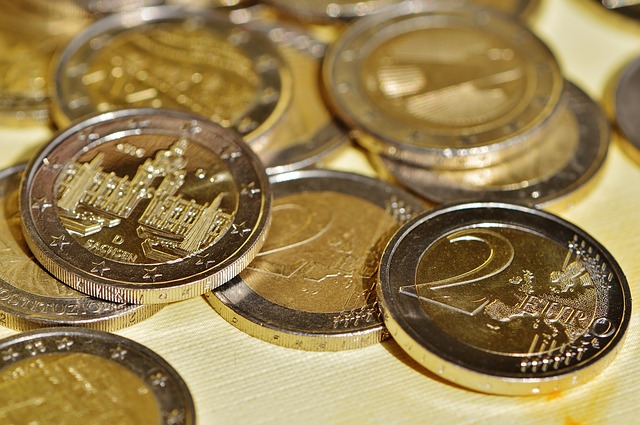In the month of March 2016, the inflation in the euro-zone took the market by a positive surprise, whereby the “final consumer prices index”, in short CPI, was revised at a “0.0%” higher after it born the fall in the previous month of February 2016.
The Eurostat office reported that with a “1.2%” monthly rate, the “flat annual rate of CPI” for the month of March 2016 performed better “at -0.1%” than the forecast of “-0.2%”.
The core CPI in euro-zone excluding the prices of food and fuel, which are considered to be “more volatile”, stayed at expected “1.0%” in the month of March 2016.
Moreover, the Eurostat also informed “restaurants & cafés, package holidays and property rents” were responsible for the “largest” impact of the upward inflation in the euro-zone. On the other hand, the various fuel prices were biggest draw backs.
In fact, Digitallook also informed that:
“Across the wider European Union annual inflation also improved to 0.0% from -0.2% in February 2016, but short of the 0.3% in January”.
The Vice President of the European Central Bank, Vitor Constancio spoke during the presentation of its annual report:
“the ECB has done and, within its mandate, will continue to do whatever is needed to pursue its price stability objective which now implies also trying to foster growth".
According to the estimates of Peter Praet, the chief economist at ECB, the policies of ECB would be adding “over 0.50 percentage points to Eurozone inflation in 2016, without taking into account the policy-easing measures unveiled in March.”
References:
http://www.digitallook.com/
The Eurostat office reported that with a “1.2%” monthly rate, the “flat annual rate of CPI” for the month of March 2016 performed better “at -0.1%” than the forecast of “-0.2%”.
The core CPI in euro-zone excluding the prices of food and fuel, which are considered to be “more volatile”, stayed at expected “1.0%” in the month of March 2016.
Moreover, the Eurostat also informed “restaurants & cafés, package holidays and property rents” were responsible for the “largest” impact of the upward inflation in the euro-zone. On the other hand, the various fuel prices were biggest draw backs.
In fact, Digitallook also informed that:
“Across the wider European Union annual inflation also improved to 0.0% from -0.2% in February 2016, but short of the 0.3% in January”.
The Vice President of the European Central Bank, Vitor Constancio spoke during the presentation of its annual report:
“the ECB has done and, within its mandate, will continue to do whatever is needed to pursue its price stability objective which now implies also trying to foster growth".
According to the estimates of Peter Praet, the chief economist at ECB, the policies of ECB would be adding “over 0.50 percentage points to Eurozone inflation in 2016, without taking into account the policy-easing measures unveiled in March.”
References:
http://www.digitallook.com/






